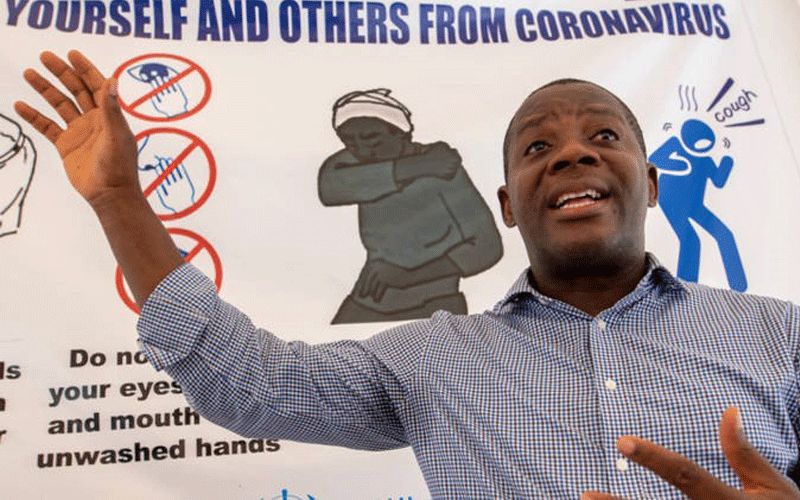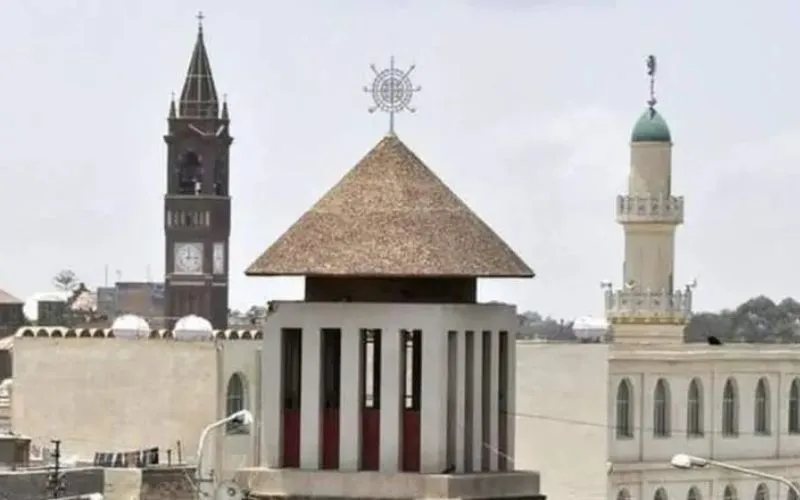Making reference to the poverty levels among the country’s population, the CAFOD official notes, “The reality is people must work to eat in this country. They live a day after another. So, when we talk in terms of lockdown or self-isolation, it becomes very difficult for so many people.”
The country’s external debt, which he says was at least US$1,691million in March, is also hampering COVID-19 prevention efforts as the government has to divide available revenue between development programs and the repayment of the debt.
“The existing debt has created a huge impact as the debt is a huge burden on government spending and support to fulfilling development objectives,” he says, and adds, “The government must spend $50million paying this debt in 2020” compared to the budget for healthcare, which stands at US$68million.
Cancellation of the existing debt, he notes, would among other things, “Accelerate on social spending and help the government with the space to spend in the fight against COVID19, which is putting a huge burden on government financial arrangement at the moment.”
Sierra Leone, a country of 7.65 million people has recorded at least 1,956 COVID-19 cases, 1,506 recoveries and 69 related deaths.
The pandemic, the CAFOD Representative in Sierra Leone says, is another challenge the natural resource-rich nation has to overcome after the Ebola epidemic, which lasted almost two years, devastating “the economy, social systems, (and) almost every aspect of life.”
“Sierra Leone is a country that has gone through a lot – civil war, the cholera outbreak, mudslides, seasonal flooding. Ebola was an epidemic here. It’s a country that has faced every kind of disaster, both man-made and natural disasters,” he laments.
Amid the past challenges and the COVID-19 pandemic, Mr. Akintola says the situation “is not hopeless. We can still save lives.”
To curb the spread of the pandemic in the country, officials of CAFOD have continued their Water, Sanitation and Hygiene (WASH) programs in the COVID-19 context, besides carrying out sensitization campaigns on various forums, the Country Representative says.
The leadership of the 58-year-old London-based agency, which reaches out to people living in poverty with practical help regardless of their religion or culture, is also using faith leaders in the country to pass information to local communities on how to prevent COVID-19, Mr. Akintola says in the August 18 report.








